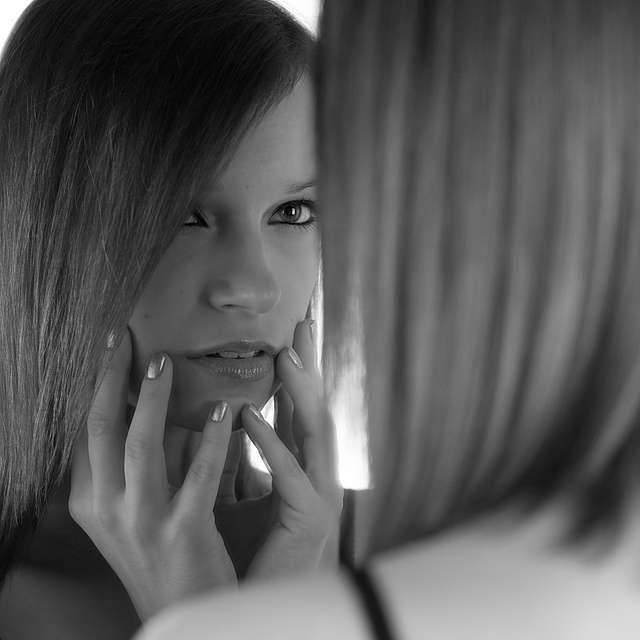This App Helps the Blind to "See" When They Need it Most
Now, these blind app users don't have to rely on finding someone else to help them read or find something - they just have to pull out their phones.

We're told not to judge a book by its cover, but we make instant judgments about people's intelligence, trustworthiness or dominance based on their facial appearance. Now, researchers have investigated the reverse possibility: can the way people judge us — based on our given name — influence how we look?
To answer this question, researchers led by Dr. Ruth Mayo and Yonat Zwebner at the Hebrew University of Jerusalem examined whether a person's appearance can be influenced by their given name. To do this, they recruited independent observers and showed them color headshot photographs of complete strangers. Then they presented a list of names to the observers and asked them to choose the stranger's real name based on his or her facial appearance.
Even computers were able to beat the odds, correctly matching names and faces much more often than not.
"Our research demonstrates that indeed people do look like their name," said Dr. Ruth Mayo, senior lecturer in the Department of Psychology at the university. "Furthermore, we suggest this happens because of a process of self-fulfilling prophecy, as we become what other people expect us to become."
Supporting the notion of a self-fulfilling prophecy, the researchers found that observers beat the odds of correctly guessing a person's name even when they were only allowed to see their hairstyle. This suggests that people may choose the hairstyle that fits a stereotype associated with their name.
The researchers confirmed that observers in a second country and culture were also able to beat the odds. However while observers were good at matching faces to names within their own culture, they were not good at doing so in a foreign culture. This supports the idea that name stereotypes are important when matching faces with names.
The researchers also found that observers are less good at guessing the given name of people who use a nickname exclusively. This indicates that a person's appearance is affected by their name only if they use it, and not if it simply appears on a birth certificate.
In one study, the researchers completely removed the human factor from the matching process. Using a computerized paradigm, they found that computers were able to beat the odds when asked to choose the correct name for 94,000 different faces. This further supports the idea that our faces contain relevant information related to our names.
"We are familiar with similar processes from other stereotypes like race and gender, where many times the stereotypical expectations of others affect who we become. We hypothesize that there are similar stereotypes about names, including how someone with a specific name looks, and these expectations really do affect our facial appearance," said Dr. Mayo.
According to the researchers, the possibility that our name can influence our look, even to a small extent, suggests the important role of social structuring in the complex interaction between the self and society. The research suggests that we are subject to social structuring from the minute we are born, not only by our gender, ethnicity, and socioeconomic status, but also by the simple choice that others make in giving us our name.
Future research could examine the precise nature of the mechanism leading to the emergence of this face-name matching effect, for example how a person's name matches his or her face at different stages of life. Another question worth exploring is why some people have a very high face-name match while others have a low match.(Source: The Hebrew University of Jerusalem)
Name This Story To Your Friends: Click To Share (Photo by Salvaje, CC)
Be the first to comment